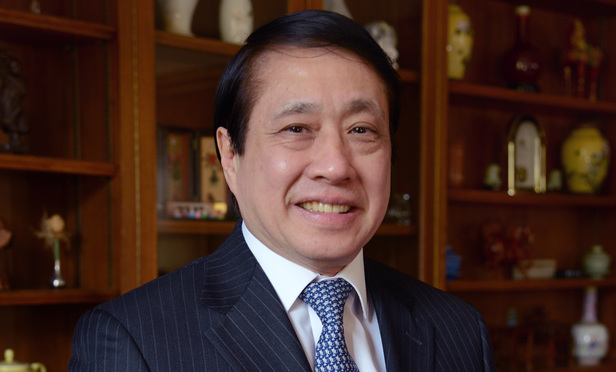The Miranda doctrine was an innovation in constitutional law that imposed on police the obligation not only to refrain from utilizing coercive means to obtain a confession but also to affirmatively advise the suspect of his or her constitutional rights under the Fifth Amendment as a protection against coerced self-incrimination. Long before the landmark decision in Miranda v Arizona,1 federal courts had occasion to enforce the Fifth Amendment’s prohibition on compelled self-incrimination. One such early case is that of Ziang Sung Wan.
On Feb. 1, 1919, District of Columbia police officers investigating the murder of three occupants of the Chinese Educational Mission traveled to New York City. There, based on the tip of an eyewitness who accompanied them, the officers entered the rooming house of Ziang Sung Wan, a native of China who had come to the United States as a student in 1916. Although they did not arrest Wan, who was suffering from spastic colitis and was seriously ill, they insisted he return with them to Washington.
This content has been archived. It is available through our partners, LexisNexis® and Bloomberg Law.
To view this content, please continue to their sites.
Not a Lexis Subscriber?
Subscribe Now
Not a Bloomberg Law Subscriber?
Subscribe Now
LexisNexis® and Bloomberg Law are third party online distributors of the broad collection of current and archived versions of ALM's legal news publications. LexisNexis® and Bloomberg Law customers are able to access and use ALM's content, including content from the National Law Journal, The American Lawyer, Legaltech News, The New York Law Journal, and Corporate Counsel, as well as other sources of legal information.
For questions call 1-877-256-2472 or contact us at [email protected]



